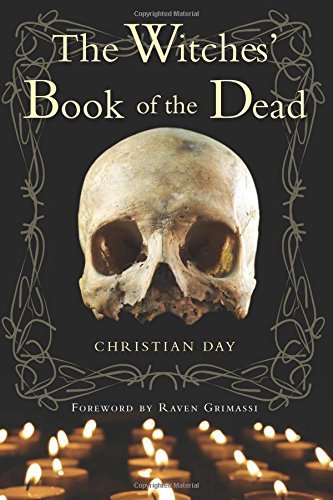
The Dead
A Novel
- اطلاعات
- نقد و بررسی
- دیدگاه کاربران
نقد و بررسی

April 9, 2018
The latest from Kracht (Imperium) is an uneven novel about film in the years leading up to World War II. Japanese film minister Masahiko Amakasu, tired of Japan’s lagging behind America on the film front, seeks to “establish a celluloid axis between Tokyo and Berlin.” In Germany in the early ’30s, when Nazism is on the rise, the production company Universum Film AG receives Amakasu’s letter and sees an opportunity to promote German superiority. It sends Swiss director Emil Nägeli to Japan with a huge sum of money to make the film. Once there, Nägeli meets up with his fiancée, Ida, a German actress, but plans for the film quickly spin out of control. Nearly three-quarters of the novel is dedicated to asides and backstories, such as Nägeli’s reveries about his recently deceased father. Some of these asides, like the one about Amakasu’s disturbing childhood, are excellent, while others, like the description of an encounter with Fritz Lang on a train, frustratingly derail the more intriguing main plot, which is rushed through in the last 50 pages. Meanwhile, important elements of the story, including the motivations of the characters, are handled obliquely or in passing, which frequently keeps it at arm’s length. Kracht’s strangely filmic prose (“A cherry blossom falls in death, dies in falling; it is perfect like this”) leads to some inspired moments and images, but readers may be disappointed by the novel’s evasive attitude toward the story.

July 1, 2018
A Swiss filmmaker gets ensnared in a plan to ensure Nazi domination of world cinema in this oddball historical fiction.Emil Nägeli has received some praise for his cinematic efforts, enough to draw the attention of the Nazi officials chafing at Hollywood's dominance of the world cinema market. With the luminaries of German cinema either dead (F.W. Murnau), decamped for Hollywood (Karl Freund), or, unknown to the authorities, about to (Fritz Lang), Nägeli is chosen as just prestigious enough and, perhaps, malleable. He is charged with making a film that will be such an artistic triumph that it will open cinema as a new front in the coming battle for world domination. His location for shooting, for reasons never really made clear, is Japan, where the Japanese film minister, Amakasu, has his own schemes for cultural domination. Also flitting through are Charlie Chaplin (in a plot that borders on slander) and the German film critics Lotte Eisner and Siegfried Kracauer. What this is supposed to add up to is anyone's guess, as the novel is interested in neither plot nor dramatization. Nearly half of the slim book is taken up with the childhood traumas of both Nägeli and Amakasu and any memories that have to do with ear wax or rotting teeth. There is no sense that Nägeli is under any pressure from Nazi officials, and the vague overtures to making him a figure of resistance don't amount to much. Nothing has any weight here. Fritz Lang escapes Germany as if he were simply catching a train to the country. And the reader is given no reason to care about either the characters or what story there is given the cold detachment with which all are portrayed.Imagine Weimar Germany as Night of the Living Dead minus the thrills.
COPYRIGHT(2018) Kirkus Reviews, ALL RIGHTS RESERVED.

February 15, 2018
Award-winning Swiss author Kracht's Imperium was a PW Best Book and a Huffington Post Best Fiction Book for 2015; the LJ review declared it "essential reading for those interested in the quirky characters of history." Here's deep history as Swiss film director Emil Nageli travels to Japan in the early 1930s, ostensibly to make a film celebrating Hitler but aiming to reveal his awful threat to the world.
Copyright 2018 Library Journal, LLC Used with permission.




دیدگاه کاربران